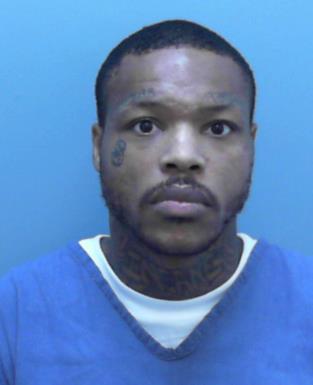Please E-mail suggested additions, comments and/or corrections to Kent@MoreLaw.Com.
Help support the publication of case reports on MoreLaw
Date: 03-28-2018
Case Style:
Bruce Allen Williams, Jr. vs State of Florida

|
Case Number: 17-0149
Judge: PER CURIAM
Court: FIRST DISTRICT COURT OF APPEAL STATE OF FLORIDA
Plaintiff's Attorney: Pamela Jo Bondi, Attorney General, and Heather Flanagan Ross, Assistant Attorney General
Defendant's Attorney: Ryan Thomas Truskoski
Description: Bruce Allen Williams Jr. was charged with four counts of robbery with a firearm and two counts of aggravated assault with a firearm. Judge Frank Bell presided over the trial, and the jury found Williams guilty as charged. This is Williams’s appeal. Before sentencing, Judge Bell announced he would recuse from further proceedings, meaning another judge would impose sentence. In a jointly filed motion, defense counsel and the State asked that Judge Bell provide specific findings to explain the recusal. The joint filing explained that such findings were necessary “to ensure the integrity of the trial record.” Judge Bell denied the request for specific findings, but explained that a conflict of interest arose after the trial was completed but before sentencing—and that the unspecified basis of the conflict would not be relevant to any post-trial motions. The case was reassigned to another judge, who handled the sentencing hearing. At that hearing, Williams announced to the new judge that Judge Bell had a conflict during trial. The new judge sentenced Williams to life in prison. On appeal, Williams raises a single issue. He argues that Judge Bell committed reversible error by failing to articulate specific reasons for his recusal. Williams argues that without knowing the details of the post-trial recusal, he cannot know whether Judge Bell’s conflict “infect[ed] the trial itself.” But Williams has cited no authority that would require us to reverse. Florida Rule of Judicial Administration 2.330, which addresses the disqualification of trial judges, provides that “[n]othing in this rule limits the judge’s ability to enter an order of disqualification on the judge’s own initiative.” And although there may be reasons a judge would explain his or her recusal, nothing in the rule compels it. The rule does, though, allow parties to ask successor judges to reconsider rulings the disqualified judge made. Fla. R. Jud. Admin. 2.330(h) (“Prior factual or legal rulings by a disqualified judge may be reconsidered and vacated or amended by a successor judge based upon a motion for reconsideration . . . .”); see also Buckner v. Cowling, 135 So. 3d 383 (Fla. 5th DCA 2014) (“Although an order entered by a judge who is later disqualified is subject to reconsideration by a successor judge, a party is not entitled to have the order vacated as a matter of right.”).
Outcome: Here, Williams never filed a motion for reconsideration challenging any of Judge Bell’s rulings. Nor did Williams ever identify the pre-recusal conflict he asserts Judge Bell might have had.
AFFIRMED
Plaintiff's Experts:
Defendant's Experts:
Comments: